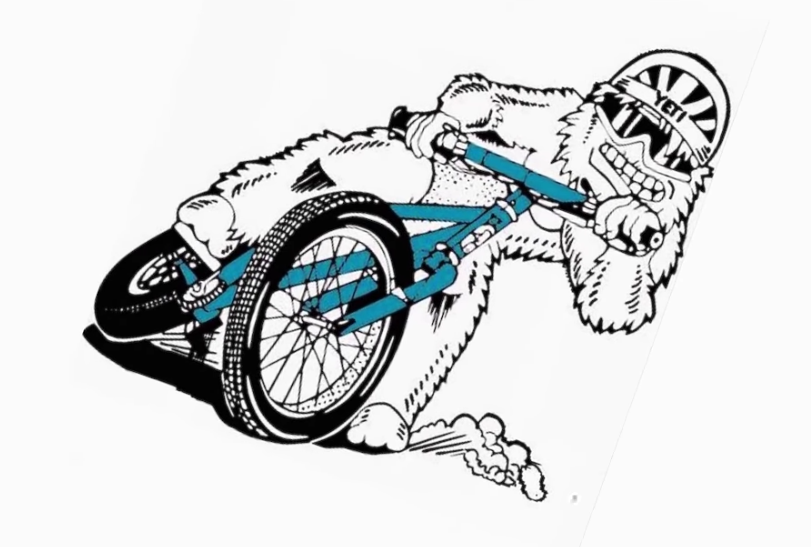Day after day, flights home were canceled.
So what did Kleon Papadimitriou do? He got on his bike.
He began in Scotland, where he's a University of Aberdeen student. Forty-eight days and 4100 kilometers (about 2550 miles) later, he was back in his Athens neighborhood.
Before he embarked, he set up an app and Instagram account so supporters could follow his journey. He packed bread and canned foods, he said, and pedaled between 55 and 120 kilometers a day on a trip that took him through Scotland, England, the Netherlands, Germany, Austria and Italy. His journey included, in addition to the English Channel crossing, a boat ride from Italy's east coast to the Greek port of Patras.
It's now just dawning on him how much of an achievement his ride was, he says. "I really hope that the trip inspired at least one more person to go out of their comfort zone and try something new, something big."
I couldn't help but to think he comes from a long line of people who would do whatever was necessary to get home. At least it didn't take him 10 years, as it did for Odysseus, to reunite with his family, friends and everything else familiar to him!
(Odysseus never would have made it as a baseball player!)
So what did Kleon Papadimitriou do? He got on his bike.
He began in Scotland, where he's a University of Aberdeen student. Forty-eight days and 4100 kilometers (about 2550 miles) later, he was back in his Athens neighborhood.
Before he embarked, he set up an app and Instagram account so supporters could follow his journey. He packed bread and canned foods, he said, and pedaled between 55 and 120 kilometers a day on a trip that took him through Scotland, England, the Netherlands, Germany, Austria and Italy. His journey included, in addition to the English Channel crossing, a boat ride from Italy's east coast to the Greek port of Patras.
It's now just dawning on him how much of an achievement his ride was, he says. "I really hope that the trip inspired at least one more person to go out of their comfort zone and try something new, something big."
I couldn't help but to think he comes from a long line of people who would do whatever was necessary to get home. At least it didn't take him 10 years, as it did for Odysseus, to reunite with his family, friends and everything else familiar to him!
(Odysseus never would have made it as a baseball player!)






